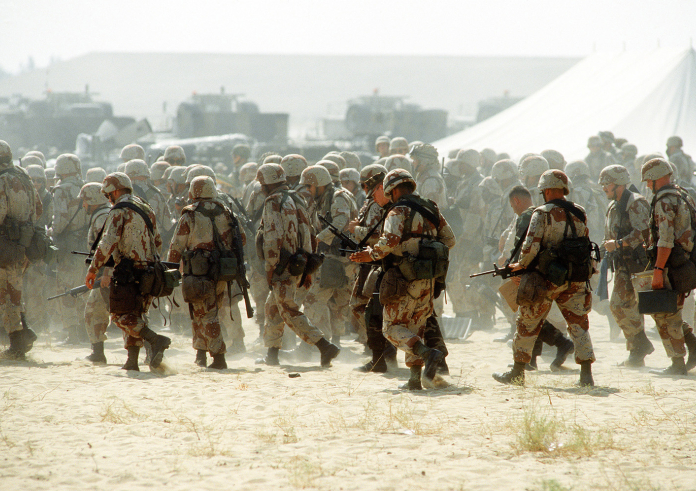Hundreds of Iraqi prisoners kept in US detention centers in Iraq, including the largest facility Abu Ghraib, endured various forms of torture and abuse by the US armed forces between 2003 and 2009. However, even after two decades, none of these Iraqis have been given any kind of redressal or compensation.
The first major evidence was the leak of photographs from Abu Ghraib in April 2004, within a year of the occupation in March 2003 and the establishment of this detention facility in Baghdad. The photos as well as victims’ testimonies confirmed that various techniques of torture were used by US soldiers, including forcing detainees to remain naked, using dogs to attack them, as well as the use of water hoses, live fire, and electrocution. Some of the detainees were kept in solitary confinement naked for days and weeks despite the harsh winters.
Some of these techniques were later defended by US officials as “enhanced interrogation techniques.”
Torture in any form in prohibited under the Geneva conventions, the UN convention against torture, and other international laws. Even domestic US laws prohibit the use of torture.
After the incriminating photos surfaced, then-US President George Bush tried to dismiss the issue by saying that these were the acts of some individuals. While Bush offered an apology, his Secretary of Defense Donald Rumsfeld promised compensation to the victims.
However, none of the Iraqi victims have received any compensation so far and most of the attempts made by them to seek some kind of redressal have been either blocked or are still pending in the country’s legal framework.

















